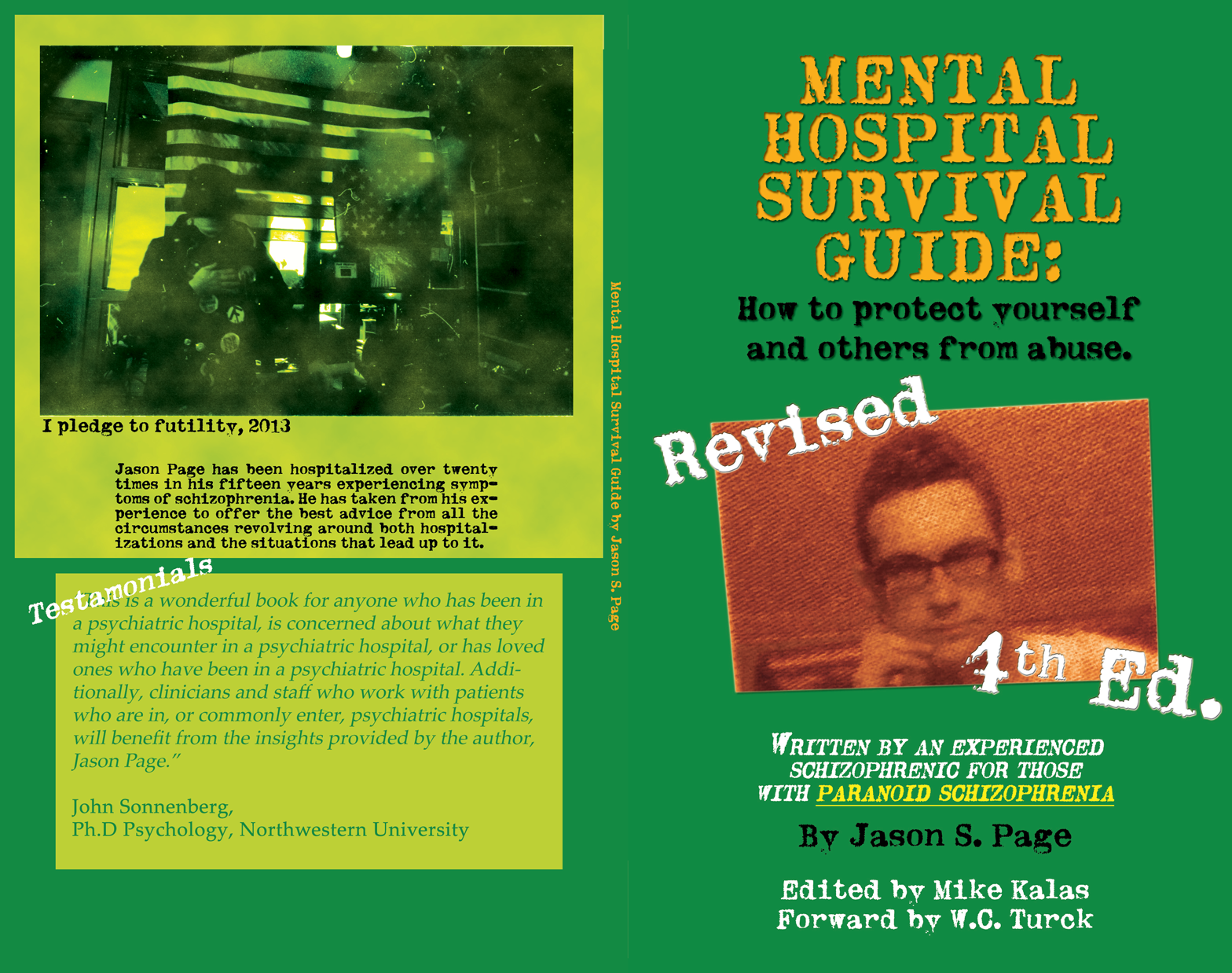Receiving a deportation letter as a U.S. citizen is not only alarming but also a serious administrative error, as citizens are not subject to deportation under any circumstances. Such mistakes, like the erroneous parole termination emails sent by the Department of Homeland Security (DHS) in April 2025, can cause significant distress. If you find yourself in this situation, swift action is essential to correct the error and protect your rights. This article outlines the steps you can take to address and prevent adverse consequences from a mistaken deportation notice.
Understanding the Issue
Deportation notices are typically issued to non-citizens by agencies like U.S. Citizenship and Immigration Services (USCIS), Immigration and Customs Enforcement (ICE), or U.S. Customs and Border Protection (CBP). However, errors can occur due to:
- Administrative Mistakes: Your contact information may be mistakenly linked to a non-citizen’s immigration case, as happened to immigration attorneys Nicole Micheroni and Aldo Martinez Gomez in 2025, when their emails were included on clients’ paperwork.
- Database Errors: USCIS, ICE, or CBP systems may incorrectly flag you as a non-citizen due to a name similarity or clerical error.
- Mass Notification Errors: In 2025, DHS sent thousands of erroneous parole termination emails to U.S. citizens, likely due to sloppy data handling during a crackdown on humanitarian parole programs.
While these errors are not legally enforceable against citizens, they can lead to complications if not addressed promptly.
Immediate Steps to Take
1. Don’t Ignore the Notice
Ignoring a deportation letter, even if sent in error, could escalate the issue, especially if it’s part of a broader administrative mix-up. Act quickly to clarify your citizenship status and resolve the mistake.
2. Verify the Letter’s Authenticity
Ensure the notice is from a legitimate government agency like DHS, USCIS, or ICE. Official notices come from verifiable government emails or physical addresses. Be cautious of scams, as fraudulent deportation letters may circulate.
3. Gather Proof of Citizenship
Collect documents that prove your U.S. citizenship, such as:
- A U.S. birth certificate.
- A valid or expired U.S. passport.
- A Certificate of Naturalization or Certificate of Citizenship.
- A Consular Report of Birth Abroad (for citizens born abroad to U.S. parents).
These documents are critical for demonstrating your status to authorities.
4. Consult an Immigration Attorney
An experienced immigration lawyer can:
- Investigate why the error occurred.
- Communicate with DHS, USCIS, or ICE to resolve the issue.
- Advise on risks like mistaken identity or database errors.
The American Immigration Lawyers Association (AILA) at www.aila.org can help you find a qualified attorney.
5. Contact USCIS or DHS
- USCIS Contact Center: Call 1-800-375-5283 to report the error. Explain that you are a citizen and provide any receipt number from the notice. Request written confirmation that the issue is resolved.
- Local USCIS Field Office: Schedule an in-person appointment via USCIS’s “My Appointment” portal at www.uscis.gov to discuss the error with an officer.
- DHS Office of the Inspector General (OIG): If you suspect systemic issues, file a complaint at www.oig.dhs.gov or call 1-800-323-8603.
- CBP: If the notice references parole termination, contact CBP’s Info Center at www.cbp.gov/contact, as they may have sent the letter.
Additional Actions to Prevent Issues
6. Check Your Immigration Records
Submit a Freedom of Information Act (FOIA) request to USCIS, ICE, or CBP at www.uscis.gov/records to obtain any immigration records linked to your name. Review these for errors, such as incorrect citizenship status or conflation with another individual.
7. Monitor Related Accounts
- Verify your Social Security Administration (SSA) account to ensure your Social Security number remains active and hasn’t been flagged (e.g., as part of a deportation-related blacklist, as reported in 2025).
- Confirm that your driver’s license, voter registration, and other government records accurately reflect your citizenship.
8. Document Everything
Keep detailed records of all interactions with government agencies, including dates, names of officials, and reference numbers. This documentation is crucial if the error escalates or requires legal action.
9. Raise Awareness (Optional)
If you suspect the error is part of a broader issue, consider sharing your experience with reputable media or advocacy groups, as Micheroni and Martinez Gomez did in 2025. This can pressure authorities to address systemic problems. Consult your attorney first to avoid unintended consequences.
Legal Recourse If the Error Persists
If the issue isn’t resolved quickly, your attorney can pursue:
- Motion to Reopen or Reconsider: If you were mistakenly placed in removal proceedings, this motion can affirm your citizenship in immigration court.
- Writ of Habeas Corpus: In the unlikely event of detention, this petition challenges unlawful detention.
- Lawsuit for Damages: If the error causes significant harm (e.g., emotional distress or financial loss), you may sue for negligence or civil rights violations. Consult a civil rights attorney.
- Nunc Pro Tunc Correction: This remedy corrects clerical errors in immigration records.
Preventive Measures for the Future
- Update Contact Information: Ensure your details aren’t linked to others’ immigration cases, especially if you work in immigration advocacy.
- Regularly Check Records: Periodically verify your status with USCIS, SSA, and other agencies to catch errors early.
- Stay Informed: Follow updates from groups like the American Immigration Council or National Immigrant Justice Center for guidance on protecting your rights.
Key Resources
- USCIS Contact Center: 1-800-375-5283 or www.uscis.gov/contactcenter.
- CBP Info Center: www.cbp.gov/contact.
- DHS OIG: www.oig.dhs.gov or 1-800-323-8603.
- FOIA Requests: www.uscis.gov/records.
- Illinois Coalition for Immigrant and Refugee Rights Hotline (if in Illinois): 1-855-435-7693.
- AILA: www.aila.org.
Conclusion
Receiving a deportation letter as a U.S. citizen is a serious error, but it can be resolved with prompt action. By verifying the notice, gathering proof of citizenship, consulting an attorney, and contacting the appropriate agencies, you can correct the mistake and prevent further issues. The 2025 DHS email errors underscored the importance of vigilance, as even citizens can be caught in administrative missteps. Stay proactive, document everything, and leverage available resources to protect your rights.
![]()





